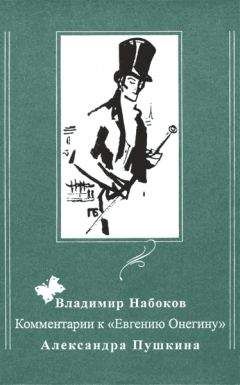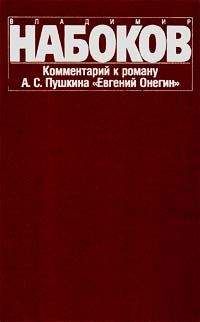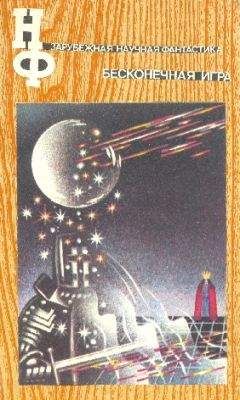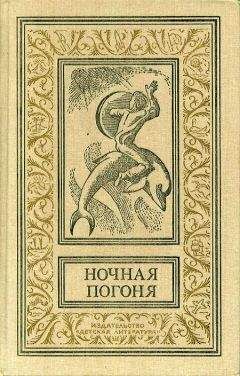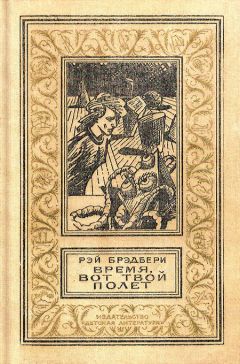XXXV
In anguish of the heart's remorse,
his hand squeezing the pistol,
at Lenski Eugene looks.
4 “Well, what — he's dead,” pronounced the neighbor.
Dead!... With this dreadful interjection
smitten, Onegin with a shudder
walks hence and calls his men.
8 Zaretski carefully lays on the sleigh
the frozen corpse;
home he is driving the dread lading.
Sensing the corpse,
12 the horses snort and jib,
with white foam wetting the steel bit,
and like an arrow off they fly.
My friends, you're sorry for the poet:
in the bloom of glad hopes,
not having yet fulfilled them for the world,
4 scarce out of infant clothes,
withered! Where is the ardent stir,
the noble aspiration
of young emotions and young thoughts,
8 exalted, tender, bold?
Where are love's turbulent desires,
the thirst for knowledges and work,
the dread of vice and shame,
12 and you, fond musings,
you, [token] of unearthly life,
you, dreams of sacred poetry!
Perhaps, for the world's good
or, at the least, for glory he was born;
his silenced lyre might have aroused
4 a resonant, uninterrupted ringing
throughout the ages. There awaited
the poet, on the stairway of the world,
perhaps, a lofty stair.
8 His martyred shade has carried
away with him, perhaps,
a sacred mystery, and for us
dead is a life-creating voice,
12 and to his shade beyond the tomb's confines
will not rush up the hymn of races,
the blessing of the ages.
And then again: perhaps,
an ordinary lot awaited
the poet. Years of youth would have elapsed:
4 in him the soul's fire would have cooled.
He would have changed in many ways,
have parted with the Muses, married,
up in the country, happy and cornute,
8 have worn a quilted dressing gown;
learned life in its reality,
at forty, had the gout,
drunk, eaten, moped, got fat, decayed,
12 and in his bed, at last,
died in the midst of children,
weepy females, and medicos.
But, reader, be it as it may,
alas, the young lover, the poet,
the pensive dreamer, has been killed
4 by a friend's hand!
There is a spot: left of the village
where inspiration's nursling dwelt,
two pine trees grow, united at the roots;
8 beneath them have meandered streamlets
of the neighboring valley's brook.
'Tis there the plowman likes to rest
and women reapers come to dip
12 their ringing pitchers in the waves;
there, by the brook, in the dense shade
a simple monument is set.
Beneath it (as begins to drip
spring rain upon the herb of fields)
the herdsman, plaiting his pied shoe of bast,
4 sings of the Volga fishermen;
and the young townswoman who spends
the summer in the country,
when headlong on horseback, alone,
8 she scours the fields,
before it halts her steed,
tightening the leathern rein;
and, turning up the gauze veil of her hat,
12 she reads with skimming eyes
the plain inscription — and a tear
dims her soft eyes.
And at a walk she rides in open champaign,
sunk in a reverie;
a long time, willy-nilly,
4 her soul is full of Lenski's fate;
and she reflects: “What has become of Olga?
Did her heart suffer long?
Or did the season of her tears soon pass?
8 And where's her sister now? And where, that shunner
of people and the world,
of modish belles the modish foe,
where's that begloomed eccentric,
12 the slayer of the youthful poet?”
In due time I shall give you an account
in detail about everything.
But not now. Though with all my heart
I love my hero;
though I'll return to him, of course;
4 but now I am not in the mood for him.
The years to austere prose incline,
the years chase pranksome rhyme away,
and I — with a sigh I confess —
8 more indolently dangle after her.
My pen has not its ancient disposition
to mar with scribblings fleeting leaves;
other chill dreams,
12 other stern cares,
both in the social hum and in the still
disturb my soul's sleep.
I have learned the voice of other desires,
I've come to know new sadness;
I have no expectations for the first,
4 and the old sadness I regret.
Dreams, dreams! Where is your dulcitude?
Where is (its stock rhyme) juventude?
Can it be really true
8 that withered, withered is at last its garland?
Can it be true that really and indeed,
without elegiac conceits,
the springtime of my days is fled
12 (as I in jest kept saying hitherto),
and has it truly no return?
Can it be true that I'll be thirty soon?
So! My noontide is come, and this
I must, I see, admit.
But, anyway, as friends let's part,
4 O my light youth!
My thanks for the delights,
the melancholy, the dear torments,
the hum, the storms, the feasts,
8 for all, for all your gifts
my thanks to you. In you
amidst turmoils and in the stillness
I have delighted... and in full.
12 Enough! With a clear soul
I now set out on a new course
to rest from my old life.
Let me glance back. Farewell now, coverts
where in the backwoods flowed my days,
fulfilled with passions and with indolence
4 and with the dreamings of a pensive soul.
And you, young inspiration,
stir my imagination,
the slumber of the heart enliven,
8 into my nook more often fly,
let not a poet's soul grow cold,
callous, crust-dry,
and finally be turned to stone
12 in the World's deadening intoxication
in that slough where with you
I bathe, dear friends!40
Moscow! Russia's favorite daughter!
Where is your equal to be found?
Dmitriev
How not to love one's native Moscow?
Baratïnski
“Reviling Moscow! This is what
comes from seeing the world! Where is it better, then?”
“Where we are not.”
Griboedov
Chased by the vernal beams,
down the surrounding hills the snows already
have run in turbid streams
4 onto the inundated fields.
With a serene smile, nature
greets through her sleep the morning of the year.
Bluing, the heavens shine.
8 The yet transparent woods
as if with down are greening.
The bee flies from her waxen cell
after the tribute of the field.
12 The dales grow dry and varicolored.
The herds are noisy, and the nightingale
has sung already in the hush of nights.
How sad your apparition is to me,
spring, spring, season of love!
What a dark stir there is
4 in my soul, in my blood!
With what oppressive tenderness
I revel in the whiff
of spring fanning my face
8 in the lap of the rural stillness!
Or is enjoyment strange to me,
and all that gladdens, animates,
all that exults and gleams,
12 casts spleen and languishment
upon a soul long dead
and all looks dark to it?
Or gladdened not by the return
of leaves that perished in the autumn,
a bitter loss we recollect,
4 harking to the new murmur of the woods;
or with reanimated nature we
compare in troubled thought
the withering of our years,
8 for which there is no renovation?
Perhaps there comes into our thoughts,
midst a poetical reverie,
some other ancient spring,
12 which sets our heart aquiver
with the dream of a distant clime,
a marvelous night, a moon....
